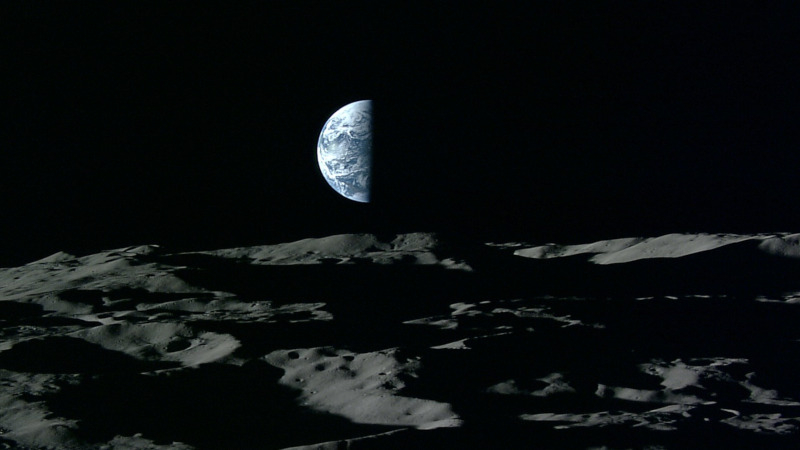 Attention!
Attention!
You can see previous news in the old version of the news blog. Watch |
The European Space Agency called for the introduction of a single lunar time.Published: 2023-02-28
The European Space Agency (ESA) announced the need to introduce a single lunar time - this will make it easier for private contractors to create a telecommunications system on the moon, and will also contribute to the deployment of a navigation system for movement on its surface.
The ESA noted that there is a need to create a complex of telecommunication services on the Moon, necessary for conducting experiments of various sizes, which will be required for communication between participants in lunar projects, as well as for their connection with the Earth. The system will be called Moonlight, and a standardized lunar clock will be part of it. ESA has opened a call for applications for private companies wishing to participate in the program - it provides for the launch of three or four satellites that will be deployed in orbit of the Moon to provide permanent telecommunications and navigation coverage of the lunar surface and communication with the Earth. The constellation will be optimized to cover the South Pole of the Moon, which has been chosen as the landing site for the US Artemis lunar mission. The Moonlight program will need a common lunar reference time - without it, it is impossible to work with accurate data on the location of users on the surface of the moon. Previous lunar missions synchronized their clocks with Earth's, and this required adjusting the data to avoid discrepancies. In the new realities, such a solution seems impractical, since in the coming years more people and research vehicles will be sent to the moon than ever before. Participants in all these programs will need to communicate with each other, hold meetings or observe together, and standard time will smooth out a lot of the problems that can arise. The discussion of the universal lunar time began during a meeting at the ESA European Center for Space Research and Technology in the Netherlands in November last year - at the same time, NASA is working on creating a single digital LunaNet network. It will be a system of agreed standards, protocols, and interface requirements that will ensure that future lunar missions will collaborate in a similar way that GPS and Galileo resources are shared. A launch date for the Moonlight satellites has not yet been set. |
